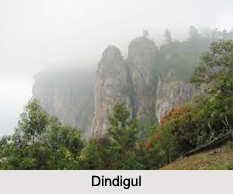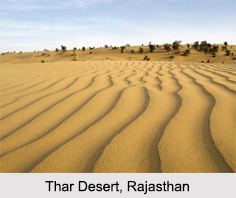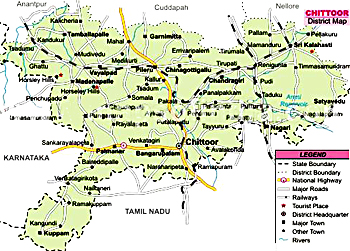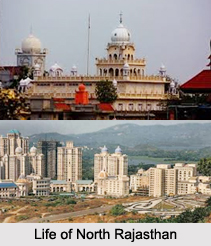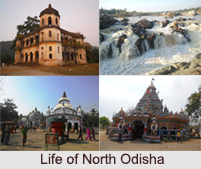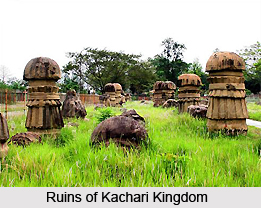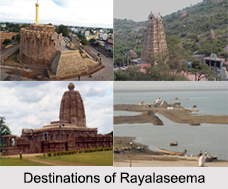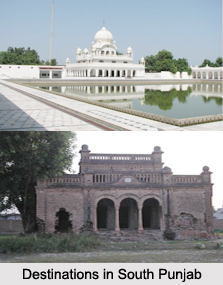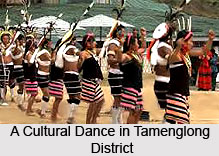 Culture of Tamenglong District is dictated by the extensive orchids and the hills, ranges, narrow valleys. Tamenglong region is inhabited by majority Zeliangrong Naga tribe that is comprised of Rongmei, Liangmei, Zemei and Pumei) and Kukis, besides minority Hmars, Chirus and Khasis. Whether it is racially or physically or even linguistically the Zeliangrongs is Tibeto-Burman (Indo-Mongoloid) belonging to the Sino-Tibetan family of the Mongolian race. If history is to be believed it is assumed that Mongoloid groups consisting of Zeliangrong Nagas during the ancient or prehistoric times inhabited the upper course of the Yangtze and Howang Ho rivers in China.
Culture of Tamenglong District is dictated by the extensive orchids and the hills, ranges, narrow valleys. Tamenglong region is inhabited by majority Zeliangrong Naga tribe that is comprised of Rongmei, Liangmei, Zemei and Pumei) and Kukis, besides minority Hmars, Chirus and Khasis. Whether it is racially or physically or even linguistically the Zeliangrongs is Tibeto-Burman (Indo-Mongoloid) belonging to the Sino-Tibetan family of the Mongolian race. If history is to be believed it is assumed that Mongoloid groups consisting of Zeliangrong Nagas during the ancient or prehistoric times inhabited the upper course of the Yangtze and Howang Ho rivers in China.
The Zeliangrong nagas confer to the basics of the patriarchal social system. Each clan enjoys equal status and over and above exogamy is strictly observed. The custom of Cross-cousin marriage is preferred by most but the parallel cross-cousin nuptial knot ties are observed seldom. Besides following many other normal customs of a Naga-tribe, they also have some strange and fearful customs.
Nasitheimei or Nathitheimei is one such that is shocking and fearful. According to this custom, if a woman dies in childbirth the child even is not permitted to live and mercilessly the new born is buried with the dead mother as they anticipate that the woman is ominous.
Mandu thrives to be the bone price of wife and the patri-lineal relatives of the wife are in huge demand of this. After the demise of a wife, it is her father who demands Mandu from the husband and if he is dead, it is the late husband`s nearest relative who is in demand. Mandu thrives to be a token of security that care will be taken both of wife and offspring.
Besides normal marriage like by engagement or by elopement there are even other kinds of marriage found within this district and the tribes. Noumang-mei-Nou-kao or Marriage by Service is one type which is practised within this clan. With the agreement of both parties the bridegroom stays at the girl`s parents` house and stays for three to four years and lives as husband and wife then finally retreats home. Chamemei is the custom when the bride is prepared for marriage even against her consent to a family to whom the girls` parents are in debt or some obligations. Naokakhaomei is the marriage custom when after the accidental death of a man; the nearest next brother will look after the children and remarry the wife of his brother. This marriage custom closely follows the Rajput or ancient Hindu customs.







